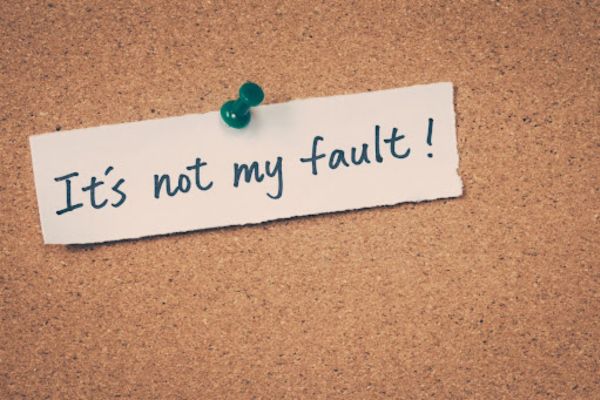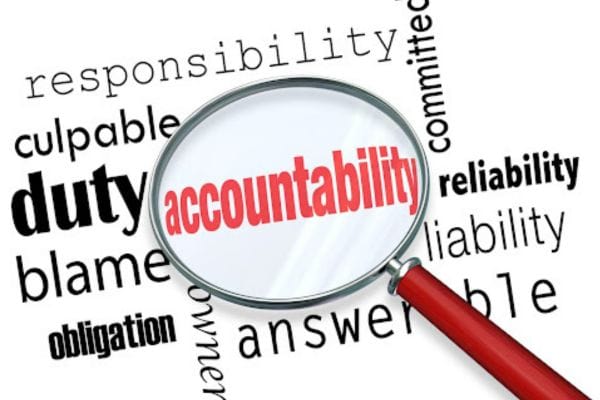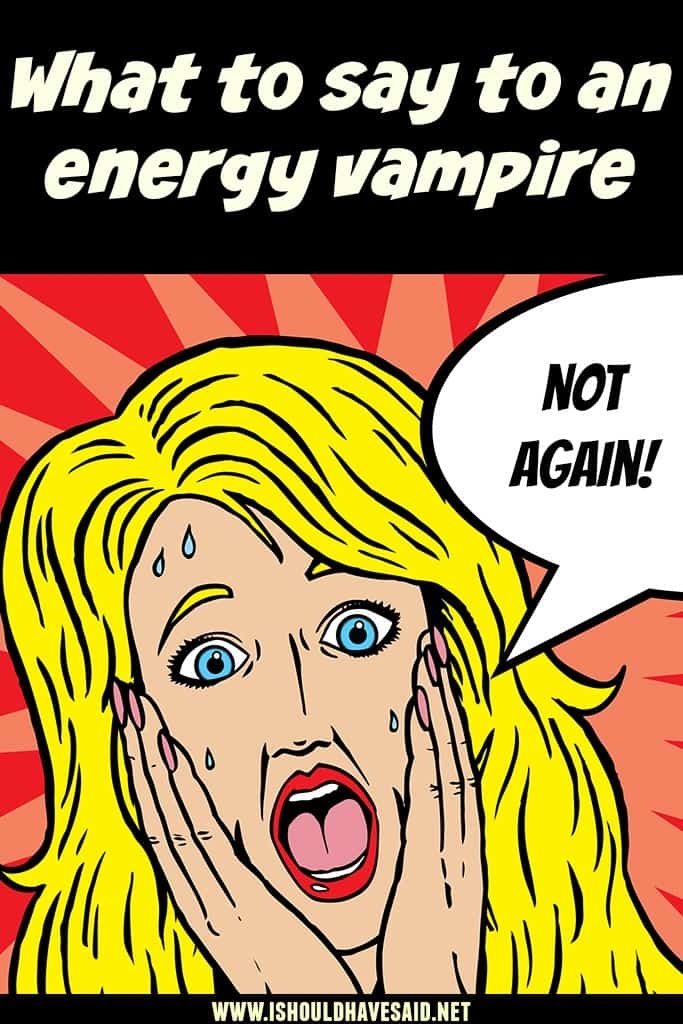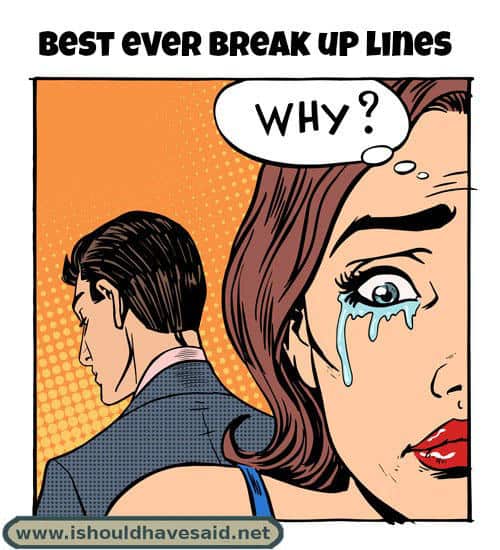
Blame happens when someone holds another person responsible for a mistake or problem. It’s like pointing fingers and saying, “You caused this.” Blaming can feel like criticizing or accusing someone, often creating bad feelings between the blamer and the one being blamed.
Psychology Behind Blame
Blame is a complex aspect of human psychology that relates to our intellectual and emotional processes. It is, at its basis, a response mechanism rooted in our mind that provides a means of navigating the complexity of cause and effect.
Blame frequently serves as a psychological safeguard for our self-esteem. We divert responsibility away from ourselves by attributing fault to others, protecting our self-image from the weight of failure or mistake. It’s a protective mechanism designed to keep our sense of value and competence intact, even if it means neglecting our contributions to a situation.
While blaming may provide immediate psychological relief, it is essential to understand its limitations. Excessive blaming can strain relationships, limit efficient communication, and discourage personal development.
This tendency to assign blame can also be traced back to social and cultural influences. In some situations, cultural norms or acquired behaviors may favor blaming rather than encouraging communal problem-solving or understanding. Furthermore, prior experiences, particularly in household or interpersonal relationships, can alter our tendency to blame or be blamed.
Recognizing the complexities of blame and its psychological roots allows us to use more constructive conflict resolution strategies such as open communication, empathy, and a shared sense of responsibility. It encourages awareness and understanding, opening the path for more healthy interactions and relationships.
Don’t Put the Blame on Me: A Closer Look
If you’ve heard Rag’n’Bone Man’s chart-topping single “Human,” you’re probably familiar with the recurrent refrain, “Don’t put the blame on me.” This sentence resonates throughout the song, and its significance is clear. In the following section, we will look deeper into the powerful message conveyed by these words.
Interpretation
The expression “Don’t put the blame on me” is a plea for understanding and fairness, implying that while people make mistakes, they should not be held responsible for everything that goes wrong. It referred to the importance of mutual accountability and understanding in every relationship. Thus, advising against taking the easy route of throwing blame onto one person without considering the larger context or shared responsibility.

Rag’n’Bone Man’s “Don’t Put the Blame on Me” delivers an inspiring message about human responsibility and accountability. The song appears to reflect on the complicated nature of relationships, accepting that mistakes occur. However, it also emphasizes the value of not assigning blame unfairly.
Cultural References
Rag’n’Bone Man’s song “Don’t Put the Blame on Me” is important in culture because it talks about being fair and taking responsibility, especially in relationships. For example, the line “Some people have real problems, some people are out of luck” could refer to how some individuals have more challenges than others, implying inequality in money and society.
In addition, the music video depicts scenes from the Greek myth of Icarus, who flew too high and fell. This could imply that being overly ambitious can be risky, and that it is critical to remain grounded.
In general, “Don’t blame me” is a strong message encouraging us to understand and care for one another. We can make the world kinder and fairer if we acknowledge our shared humanity and avoid blaming.
Effects of Blame Shifting
Blame shifting, the act of avoiding responsibility by blaming others has negative implications in many areas of life. In this section, we will look at how blame shifting affects personal relationships and the workplace.
Personal Relationships
It primarily damages relationships, compromising trust and increasing distance between people. This persistent avoidance of accountability leads to a breakdown in communication, making honest conversation and problem-solving within relationships difficult.
Shifting blame makes partners feel less like a team and less respectful of one another. Instead of understanding, it produces dissatisfaction, separation, and, in some cases, anger toward one another. Doing so frequently can sour the relationship since it prevents them from maturing, making compromises, and partnering.
Workplace Scenarios
Blame shifting in the workplace can create a poisonous climate that harms productivity, team dynamics, and general morale. For starters, it interferes with effective problem-solving. When people avoid accountability by blaming others, it makes it difficult to identify true problems and solutions.
In addition, shifting blame destroys confidence among coworkers and prevents teamwork. Instead of encouraging collaboration, blame shifting produces a defensive environment in which individuals are more concerned with protecting themselves than with working together toward common goals.
Furthermore, passing blame lowers employee morale. It produces a sense of unease and discomfort in the workplace because people are afraid of being unfairly blamed for mistakes. This can result in greater stress, lower job satisfaction, and an unwillingness to take risks or openly share ideas.
In conclusion, blame shifting hinders growth, destroys collaboration among employees, and hampers innovation in the workplace. It undermines the foundation of trust and mutual support required for a healthy and productive workplace, affecting both individual and collective performance.
MORE COMEBACKS YOU MIGHT LIKE
- Top ten comebacks for blamers
- When someone hurts you but blames you
- Top ten comebacks for complainers
Avoiding the Blame Game
Blaming others for challenges is a normal reaction, but it is not an effective solution. Instead of focusing on who is to blame, it is preferable to concentrate on finding a solution. Here are some ways to avoid the blame game:
Strategies for Accountability
While accountability is crucial, it is distinct from blame. Find methods to hold individuals responsible for their conduct rather than placing blame. The following tactics can be used to encourage accountability:

1. Establish clear expectations: Make sure that everyone is aware of their roles and what is expected of them. Having clarity makes it easier to hold people responsible for their work.
2. Encourage ownership: Encouraging ownership involves fostering an environment where individuals feel empowered to take responsibility for their tasks and actions.
3. Provide feedback: Feedback is essential for growth and improvement. Offer specific examples to highlight both positive aspects and areas that need improvement. Clear examples help individuals understand their performance better.
4. Provide support: Offering support is crucial for ensuring individuals can perform their roles effectively. By offering comprehensive support, individuals can feel empowered, motivated, and well-equipped to fulfill their roles effectively.
Promoting a No-Blame Culture
Fostering a culture without of blame involves creating an environment in which people are free to take chances, own up to their errors, and grow from setbacks without worrying about facing consequences. To promote such a culture, follow these steps:
- Set an Example: Those in positions of leadership should demonstrate accountability by owning up to their errors and being responsive to growth.
- Promote Communication: Open and transparent communication should be encouraged. Promote open dialogue about difficulties and errors without fear of condemnation.
- Focus on solutions: Rather than placing blame when issues develop, concentrate on finding solutions.
- Celebrate Successes and Learnings: Honor accomplishments as well as takeaways from mistakes. Stressing the lessons learned from the experience helps people have a positive outlook on making mistakes.
Organizations may foster a no-blame culture by encouraging creativity and growth while eliminating the fear of making mistakes. People may take risks, learn from mistakes, and help the firm become stronger and more adaptive in this environment.
Case Studies of Blame Shifting
Blame shifting is a typical tendency in which people avoid taking responsibility for their actions or shift blame on others. Here are a few examples of different sorts of blame shifting behavior:
Case Study 1: Faye and Mitch
Faye was driving when she hit Mitch’s car while pulling out of a garage. When Mitch asked her about it, she quickly blamed him, saying he should have watched his car and drove better. Faye didn’t want to take the blame and instead said it was Mitch’s fault for not being careful.
Case Study 2: John and Sarah
During their joint project at work, John and Sarah finished, but mistakes were found in the final product. John pointed fingers at Sarah right away, claiming she didn’t do her part right. Later, after checking everything, it turned out John had also made mistakes. He blamed Sarah to avoid owning up to his errors.
Case Study 3: Tom and Lisa
Tom and Lisa, in a troubled relationship, had a confrontation about their issues. When Lisa brought up Tom’s behavior, he quickly pointed the finger at her, insisting she was the cause of all their problems. Instead of owning up to his actions, Tom blamed Lisa for everything wrong in their relationship.
Case Study 4: Alex and Rachel
Alex and Rachel, roommates dealing with cleanliness problems in their apartment, had a discussion. When Rachel mentioned Alex’s untidiness, he quickly blamed her, saying she was just as messy. Even when Rachel mentioned she’d been cleaning up after him, Alex avoided taking responsibility and kept blaming her for the mess.
Remember that personal responsibility does not imply accepting ownership of everything that goes wrong. It is about understanding your place in the relationship and actively contributing to its well-being and fulfillment.
The Role of counselling and self care
I Should Have Said Media will earn a commission after clicking links on this page at no additional cost to you. Learn more.
When you are dealing with a person who blames you and you find it stressful, consider getting support from a professional. Talking to a counselor is a great way to work through a challenging situation, and help you find some strategies to work through the person’s behaviour.
Better Help is a great resource where you can talk to a counselor from the comfort of your own home.
Taking care of your own needs isn’t selfish, and you will feel better in the long run.








